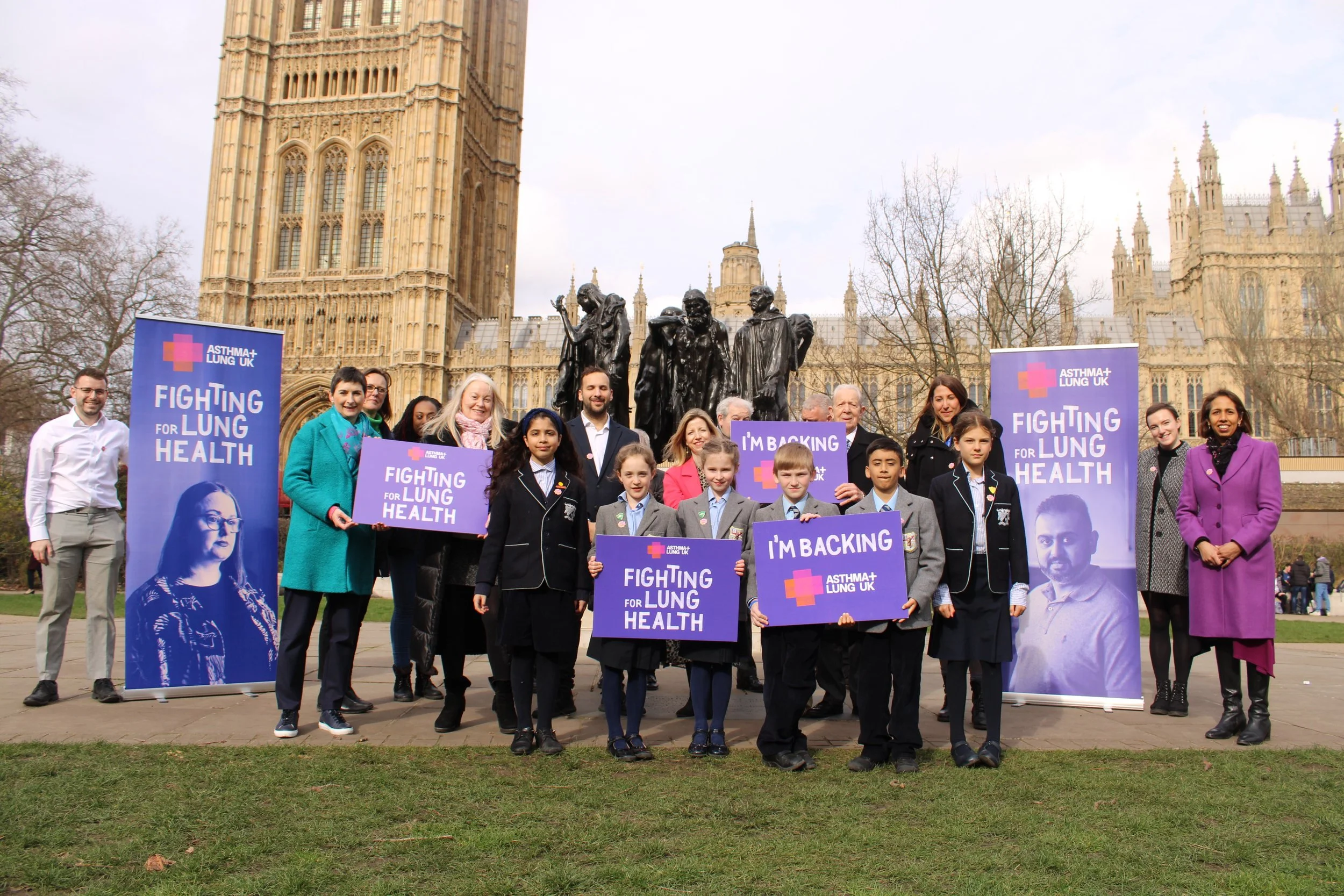Asthma + Lung UK calls for all those with asthma on the free flu jab list to be COVID boosted
Sarah Woolnough, Asthma + Lung UK CEO, sets out what we know about the autumn COVID booster so far, the changes we want to see and what we’ll be doing about it in the coming months.
COVID-19 continues to be a very real threat
With soaring rates of infection, fears of waning immunity and few public protections still in place from COVID-19, many people with lung conditions have told us it’s a worrying time. What is more, autumn is on the horizon which is always a difficult time of year. The colder weather brings risk of asthma attacks and exacerbations of lung conditions like chronic obstructive pulmonary disease (COPD), as well as an increased risk of other respiratory viruses like flu and pneumonia. We also know our health service is under significant strain.
Booster plan does not go far enough
We were pleased to see that the government has given people with lung conditions more clarity by publishing their plans for autumn boosters. Unfortunately, these plans fall far short of what is needed. Everyone over 50 will be eligible for a booster, which is good news. However for people aged 49 and under only those on the government’s vulnerable groups list will be eligible. While this list covers conditions like COPD, poorly controlled asthma and idiopathic pulmonary fibrosis (IPF), it will mean that many people under 50 with asthma that is deemed to be well controlled by the JCVI will be excluded from the booster. Poorly controlled asthma is defined in the COVID-19 booster guidance as:
More than 2 courses of oral corticosteroids (oral steroid tablets) in the preceding 24 months OR
On maintenance oral corticosteroids OR
More than 1 hospital admission for asthma in the preceding 24 months prior to going for your booster
Our research into previous vaccine roll outs found that these criteria have led to considerable anxiety for people with asthma, as well as difficulties for frontline staff in identifying those who qualify, often due to gaps in patient data. For example, some hospital visits or prescriptions from urgent care centres haven’t been recorded in primary care records, so some people with asthma have struggled to get a booster even if they are eligible.
A golden opportunity to use the free flu jab list
The government should avoid excluding people with asthma and risk them falling through the gaps by using the free flu jab list to prioritise who gets the COVID-19 booster jab. This would be in line with previous JCVI interim guidance and provide reassurance to people with asthma that they will be protected from COVID-19. This would also avoid any confusion on the frontline when administering the jabs to two different lists and ultimately save the NHS money.
We are still learning about the effects of COVID-19 and there is growing evidence that people with asthma are more likely to develop Long Covid than the general population. It would be better to take a precautionary approach, protect everyone’s lung health and prioritise people with asthma by using the free flu jab list.
We’re fighting for your right to breathe
We’ll continue fighting for people with asthma to be heard by the people in power. We’ll keep campaigning for everyone on the free flu jab list to be prioritised for COVID-19 boosters, push for more research into the impact of COVID-19 and provide life-changing support through our helpline.
If you’re worried, please get in touch with our helpline today or you can find more advice online: 0300 222 5800.
We empower people with lung conditions to make changes that can be transformative.
Please donate now to help make sure people with lung conditions can live well this year.








